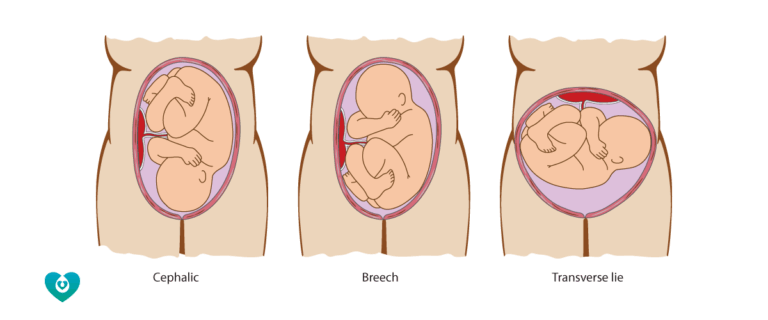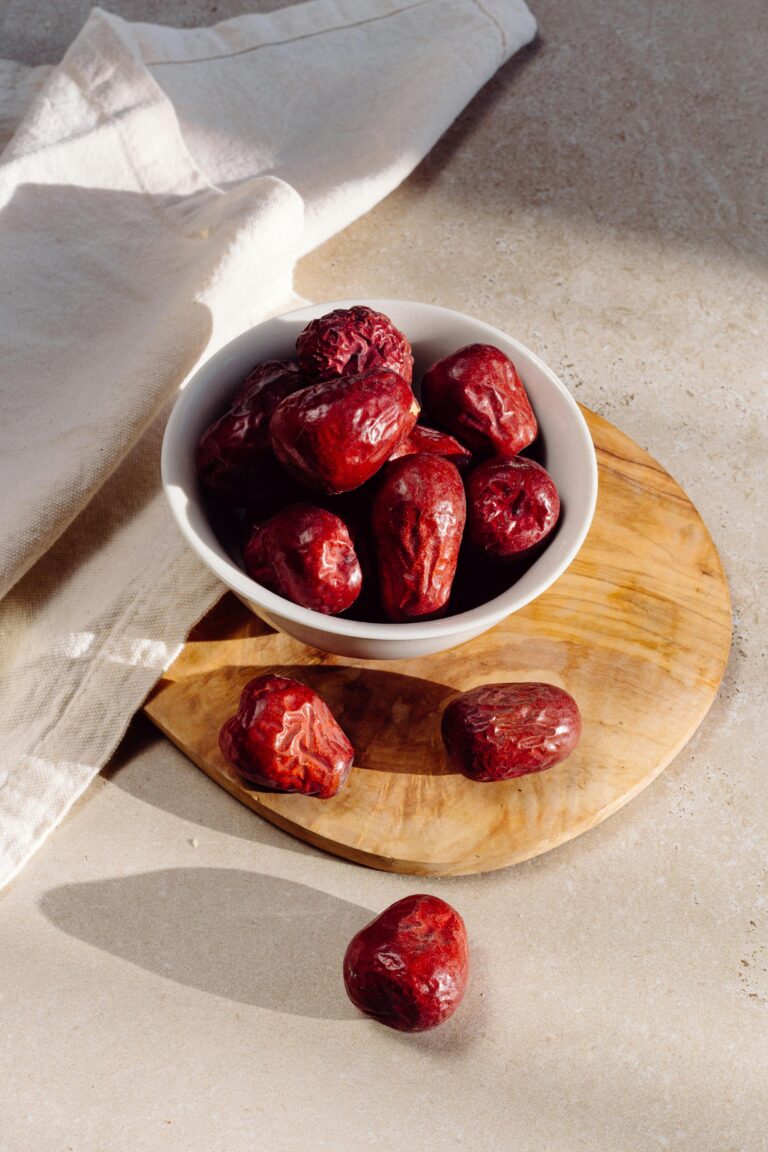In the quiet rhythm of an acupuncture session—needles gently placed, breath deepening, body slowly softening—there is something happening that is difficult to measure, yet deeply felt. This is the realm of Qi (pronounced “chee”), a concept that has been at the heart of Traditional Chinese Medicine (TCM) for over two thousand years. At Acumamas, many of our clients come to us seeking relief from the visible, the tangible: irregular periods, nausea in pregnancy, postpartum exhaustion, or fertility struggles. But just beneath those symptoms is often something subtler—a disruption in the flow of Qi.
What is Qi?
In the language of Traditional Chinese Medicine, Qi is life force. It’s the vital energy that moves through all living things, animating the body and connecting us to the natural rhythms of the world around us. Though Western medicine has no direct equivalent, many parallels exist: metabolism, cellular communication, nervous system impulses, or simply… vitality.
Qi is not something mystical or magical—it’s fundamental. We see its effects every day. A person brimming with Qi often feels energetic, focused, and emotionally grounded. Someone with depleted Qi might experience fatigue, poor digestion, irregular cycles, or an inability to recover after stress or illness. In TCM, when Qi flows freely, we thrive. When it stagnates or becomes deficient, symptoms appear.
How Qi relates to women’s health
Qi is more than an abstract concept. It’s a practical tool that helps guide how we care for the body—especially during sensitive transitions like fertility, pregnancy, and postpartum.
- Fertility: Qi and Blood work in harmony to support ovulation, uterine lining health, and the movement of eggs and sperm. When Qi is stuck or deficient, cycles may become irregular or anovulatory. Acupuncture and herbal medicine aim to support the free flow of Qi and restore balance in the reproductive systemPregnancy: Pregnancy is considered a time of intense Qi transformation. The body is not just nourishing itself, but also generating new life. Supporting Spleen Qi (digestion and nourishment) and Kidney Qi (core vitality and growth) is essential to reduce symptoms like nausea, fatigue, or edema.
- Postpartum: Birth is both a beginning and a depletion. Qi is lost through labour, blood loss, and sleepless nights. Rebuilding Qi during postpartum is central to a person’s recovery—impacting everything from lactation to emotional wellbeing.
Qi in the modern body
Life today can be depleting. The demands placed on modern women—emotionally, physically, and hormonally—are relentless. TCM practitioners are trained to recognize the nuanced signs of Qi disharmony in ways that complement lab results and diagnostics.
You might not say “My Qi is low,” but you might feel:
- Tired no matter how much sleep you get
- Easily overwhelmed or foggy-headed
- Cold hands and feet, digestive sluggishness
- Periods that start and stop suddenly, or feel “stuck”
In these cases, we don’t just treat the symptoms—we look at the roots. Where has Qi become stuck? Where is it overactive? What needs nourishing, and what needs moving?
Qi reminds us to listen deeply to the body’s quieter messages.
How acupuncture supports Qi
Acupuncture is one of the most effective ways to regulate Qi. Each point on the body lies along pathways called meridians, which are believed to carry Qi to different organs and systems. When an acupuncturist selects points, they’re not just treating a symptom—they’re helping to restore harmony to the body’s internal flow.
Modern research has shown that acupuncture affects the body’s neurochemical pathways, including those that modulate pain, inflammation, stress hormones, and blood circulation. In TCM terms, these are all signs of Qi being guided back into alignment.
At Acumamas, we use acupuncture to:
- Encourage ovulation and regulate cycles
- Ease pregnancy discomfort and support fetal development
- Strengthen postpartum recovery and energy levels
- Support nervous system regulation for anxiety or burnout
All of this begins with the same question: where is your Qi, and how can we support it?
Qi and the seasons of Life
Just as the earth moves through seasons, so does the body. In TCM, these shifts are respected and expected. Qi changes over the menstrual cycle. It changes in each trimester. It changes with age, childbirth, and even grief.
Our job as practitioners is to support that movement, not override it. Whether through acupuncture, herbs, moxibustion, nutrition, or lifestyle shifts, we work with your body’s own intelligence.
Qi doesn’t need to be fixed—it needs to be listened to.
Final thoughts
Qi invites us to slow down and pay attention to the spaces between. It teaches us that true wellness isn’t just about fixing problems—it’s about nourishing what keeps us alive, connected, and whole. At Acumamas, we honour this ancient wisdom while supporting you with the tools of today—so your body can do what it was meant to do: flow, heal, and thrive.





